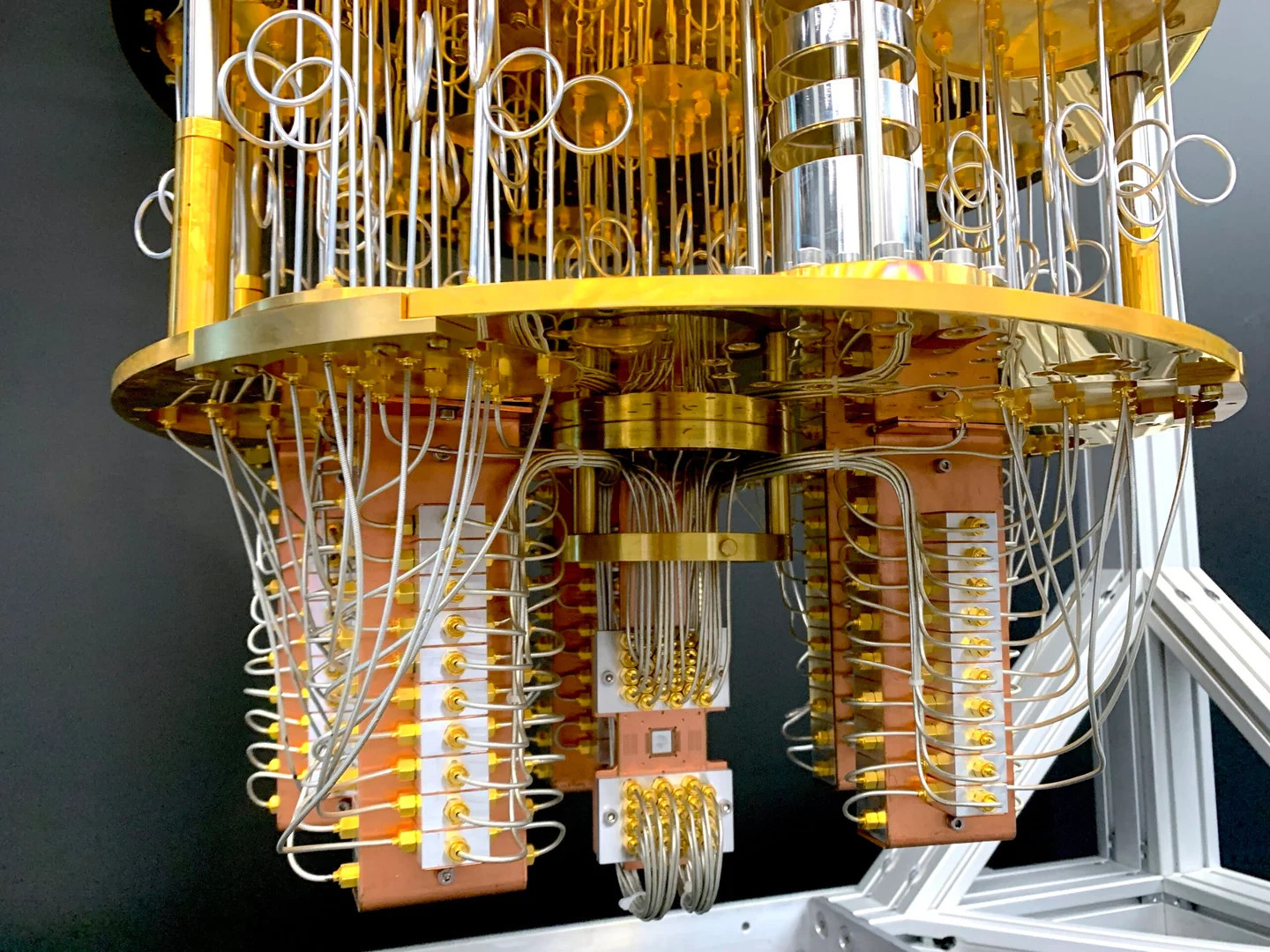Quantum computing is a revolutionary field that harnesses the principles of quantum mechanics to perform computations that would be practically impossible or extremely time-consuming for classical computers. It leverages the unique properties of quantum bits or qubits, which can exist in multiple states simultaneously, to solve complex problems that challenge even the most powerful classical supercomputers. This technology has the potential to revolutionize industries such as cryptography, optimization, material science, and drug discovery.
At the heart of quantum computing lies the concept of superposition, where qubits can exist in a combination of both 0 and 1 states. This property exponentially increases the processing power of a quantum computer as it scales, enabling it to explore multiple solutions to a problem in parallel. Another crucial property is entanglement, where qubits become interconnected in a way that the state of one qubit instantly influences the state of another, regardless of distance. This property facilitates enhanced communication and data processing.
Quantum computers utilize various physical systems to implement qubits, including trapped ions, superconducting circuits, and topological qubits. These systems are cooled to near absolute zero temperatures to minimize noise and maintain quantum coherence—the fragile state that allows qubits to function properly.
One of the most exciting applications of quantum computing is in cryptography. While classical computers rely on complex mathematical problems for encryption, quantum computers could potentially break these codes with ease using Shor’s algorithm. This has spurred the development of quantum-resistant encryption methods to ensure data security in the post-quantum era.
Quantum computing also holds immense promise in solving optimization problems. These problems arise in various fields such as finance, logistics, and supply chain management. Quantum computers can explore vast solution spaces more efficiently, leading to optimized outcomes and improved efficiency.
In the realm of scientific discovery, quantum computing has the potential to simulate complex quantum systems, which is an exceptionally challenging task for classical computers. This capability could accelerate breakthroughs in areas like material science, helping to design new materials with specific properties for use in electronics, energy storage, and more.
Despite its enormous potential, quantum computing is still in its early stages of development. Challenges such as qubit stability, error correction, and decoherence continue to hinder the creation of large-scale, fault-tolerant quantum computers. Researchers are exploring error-correcting codes and advanced control techniques to address these issues and bring quantum computing closer to practicality.
Several companies and research organizations are racing to develop and scale quantum computing technology. IBM, Google, Intel, and startups like Rigetti and IonQ are among the key players in this field. Quantum cloud platforms allow researchers and developers to access and experiment with quantum hardware and software remotely, democratizing access to this cutting-edge technology.
In conclusion, quantum computing has the potential to revolutionize computing and transform various industries by harnessing the principles of quantum mechanics. Its ability to process information in novel ways through superposition and entanglement holds the key to solving complex problems that are beyond the reach of classical computers. While challenges remain, ongoing research and development efforts are steadily advancing quantum computing towards practical applications that could reshape the future of technology and science.

